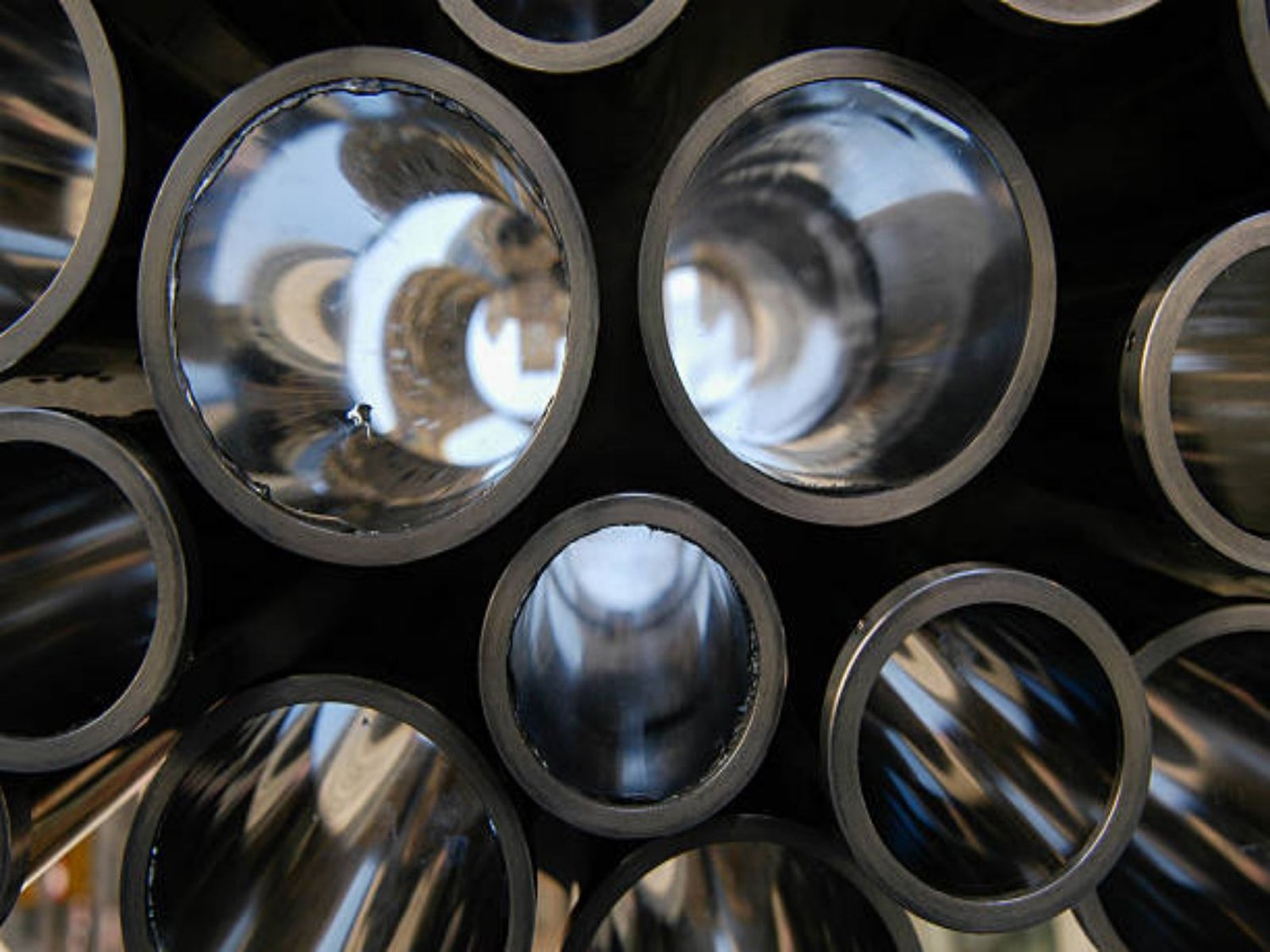Table of Contents

The Advantages of Titanium Tubes
When it comes to industrial applications, titanium tubes offer numerous advantages that make them a popular choice. These advantages include:
- High Strength-to-Weight Ratio: Titanium is known for its exceptional strength while being incredibly lightweight. This makes titanium tubes ideal for applications that require strength without adding unnecessary weight.
- Corrosion Resistance: Titanium has excellent corrosion resistance, even in harsh environments such as saltwater. This makes titanium tubes suitable for industries like marine, chemical, and oil and gas.
- Heat Resistance: Titanium can withstand high temperatures, making it suitable for applications that involve extreme heat. This property makes titanium tubes widely used in the aerospace and automotive industries.
- Biocompatibility: Titanium is biocompatible, meaning it is non-toxic and does not cause adverse reactions when in contact with the human body. This makes titanium tubes ideal for medical implants and surgical instruments.
- Low Thermal Expansion: Titanium has a low thermal expansion coefficient, which means it expands and contracts less than other materials when exposed to temperature changes. This property is beneficial in applications where dimensional stability is crucial.
The Disadvantages of Titanium Tubes
While titanium tubes offer numerous advantages, there are also some disadvantages to consider:
- Cost: Titanium is an expensive material compared to other metals. The high cost of titanium can make it less economically viable for certain applications.
- Difficult to Fabricate: Titanium is notoriously difficult to work with due to its high strength and low thermal conductivity. Specialized equipment and expertise are required for fabrication, which can add to the overall cost.
- Low Modulus of Elasticity: Titanium has a lower modulus of elasticity compared to steel, which means it is not as stiff. This can limit its use in applications that require high stiffness or rigidity.
- Reactivity with Certain Elements: Titanium can react with certain elements, such as oxygen, at high temperatures. This can lead to the formation of oxides, which may compromise its properties in certain environments.
- Limited Availability: Titanium is not as readily available as other metals, which can lead to longer lead times and higher costs for obtaining titanium tubes.
Conclusion
Despite the disadvantages, titanium tubes offer a range of advantages that make them suitable for various applications. Their high strength-to-weight ratio, corrosion resistance, heat resistance, biocompatibility, and low thermal expansion make them highly desirable in industries such as aerospace, automotive, marine, chemical, and medical.
